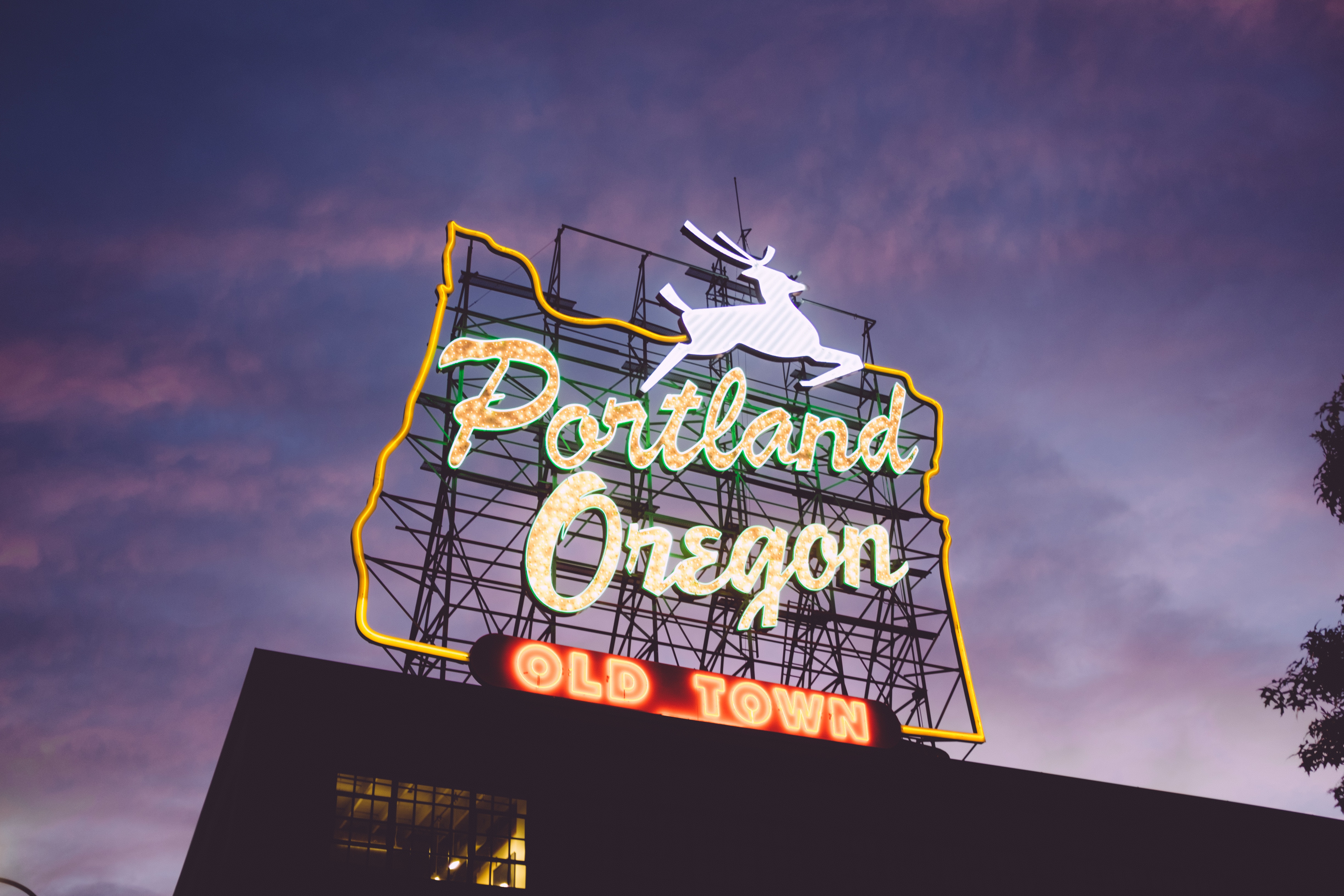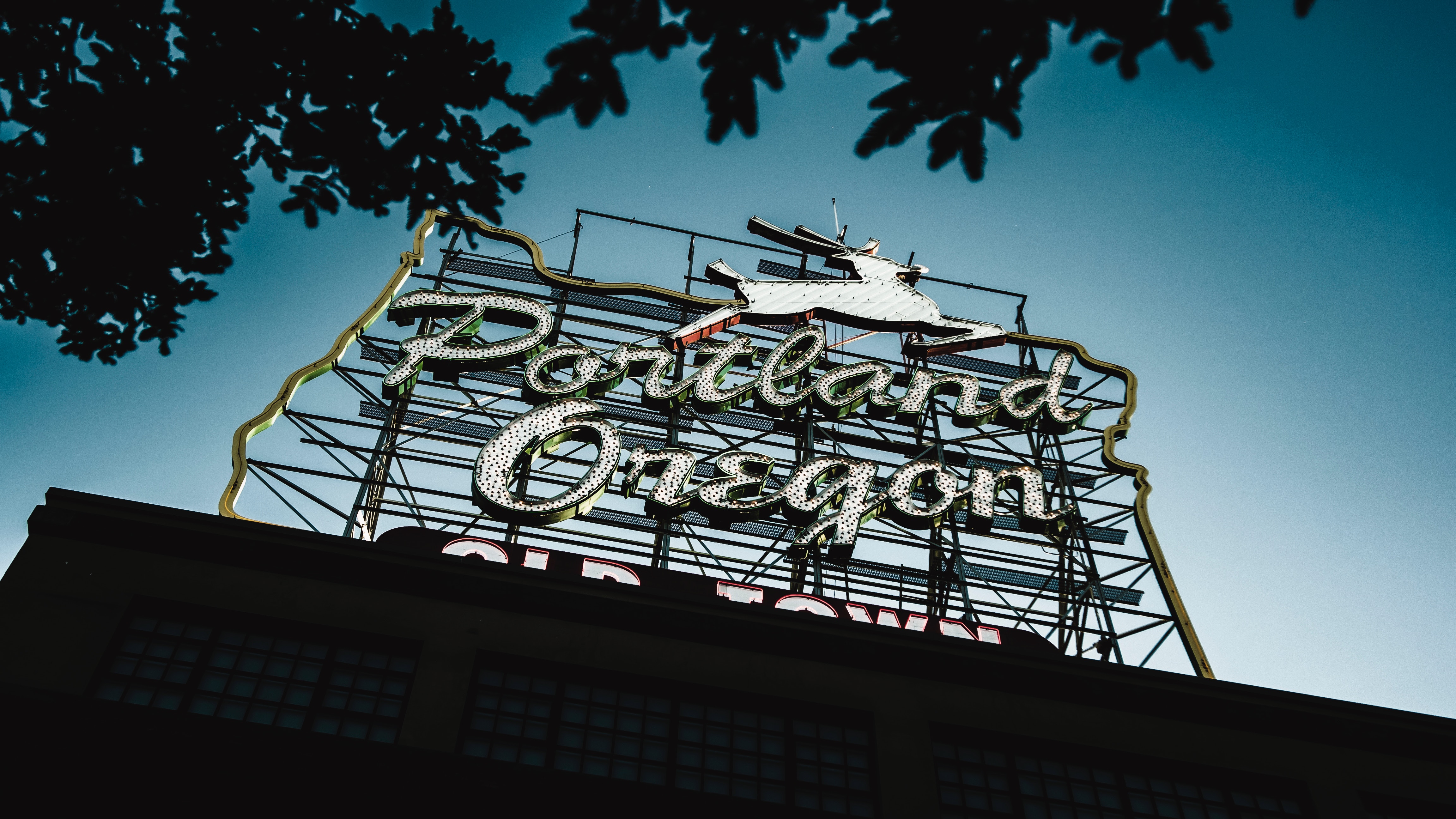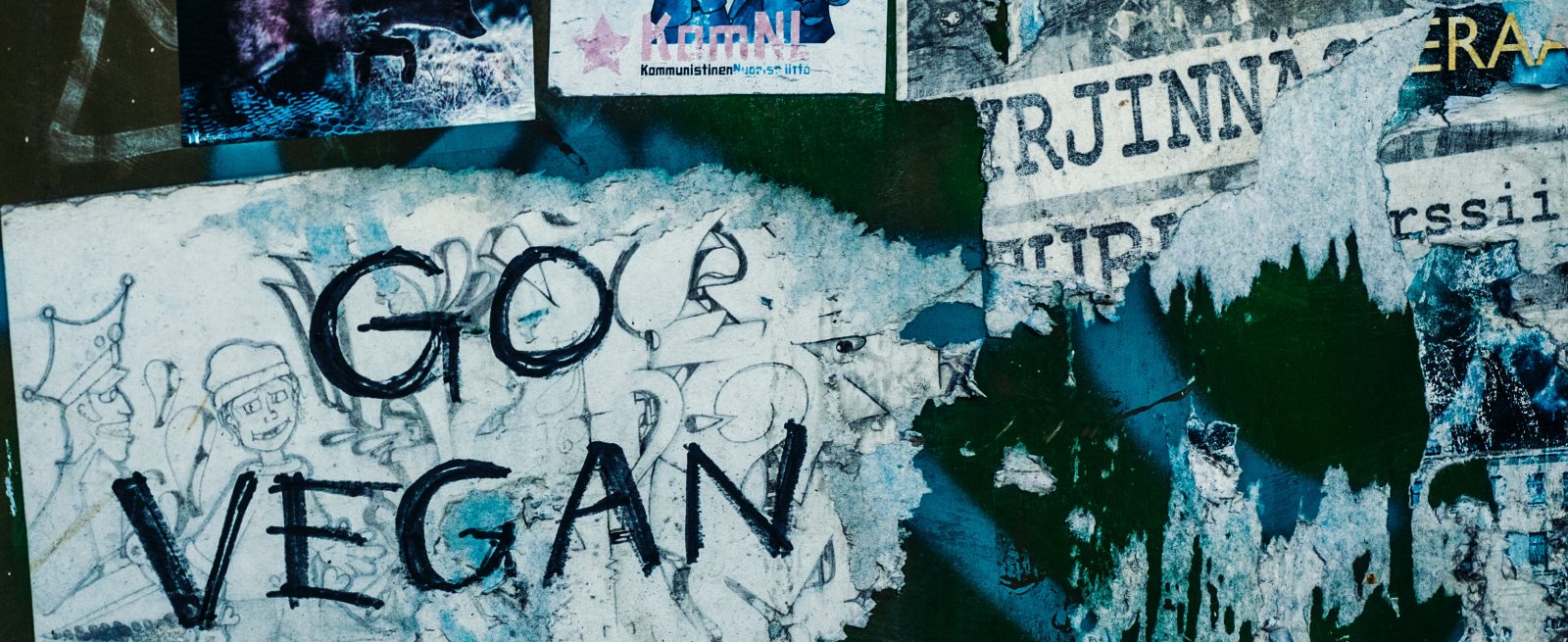The Ultimate Vegan City in America
4 Min Read By Daniel Ferber
CNN, PETA and VegNews Magazine are among the organizations that single out Portland, Oregon, as the “Vegan Capital” of the U.S. Portland appreciates that.
The more significant affirmation of Portland’s lofty place in veganism, however, is when vegans from across the country and around the world flock there and find the vegan equivalent of Disneyland, Christmas morning and a candy store all rolled up into one. Rather than needing to schlepp around a city or town searching for any sign of a vegan meal, Portland’s residents and visitors have at least 50 all-vegan restaurants and hundreds that have vegan selections on their menus. There are so many choices that the vegan gourmets wish there were more meals in a day.

Among the vegan delights are cronuts, corn dogs and “chicken” drumsticks. You can find poutine at a food cart day or night. Maybe you’re in the mood for an upscale experience? How about an eight-course plant-based meal in luxurious surroundings? Bakeries serve egg- and dairy-free baked goods, lattes, bagels and cream cheese and, ta-dum, chocolate croissants. Cheese shops have more than 20 artisan cheeses. Delis have pepperoni melts, paninis, and cheesecake. BBQ joints have meat-free barbecue, cheese steaks and ribs. But it isn’t all about food. Portland has a vegan mall, bed and breakfast, summer camp, punk-metal bar, tattoo shop and strip club. There are vegan medical professionals, therapists and real estate agents.
Portland’s residents and visitors have at least 50 all-vegan restaurants and hundreds that have vegan selections on their menus.
So how did this happen? Why Portland? It was a confluence of circumstances.
For one thing, Portland attracts college-educated folks in their 20s and early 30s. They have a far different attitude toward food than, say, the baby boomers, for sure. Think green smoothies, gluten-free chia pudding and jackfruit. For another thing, Portland has a history that makes it amenable to “off the beaten track” lifestyles. For instance, Portland was one of the first cities in this country with a very successful vegetarian restaurant, established in 1890 by Seventh Day Adventists for whom healthy living is a tenet of their faith.
Vegetarian remained a fringe diet until the 1960s. Like so many other things, the counterculture was shaping the American diet. For example, they replaced processed white bread with whole wheat, avoided sugar, grew their own vegetables and looked for alternative proteins and found tofu. Shouldn’t be any surprise that Portland is home to the country’s oldest tofu maker still in business. Ota Tofu opened in 1911 to accommodate the dietary needs of Chinese and Japanese immigrants.
During the ‘60s and ‘70s, food turned political, and in 1971, Frances Moore Lappe’s best-selling Diet for a Small Planet espoused a revolutionary idea, that the foods we eat affect our environment and that a plant-based diet is better for the planet than our meat-centered regimen. She was deeply affected by the images of famine from around the world being a regular part of the evening news. She wondered why humans couldn’t eat the grains being fed to animals to fatten them up for consumption.
Modern Portland veganism, founded in left-wing political activism, began about 15 years ago. The days of anarcho-punks and hippies eating dry toast are long gone.
In 2002, Emiko Badillko and Chad Miller, “emigres” from not-so-vegan-friendly (at the time) Queens, NY, moved to Portland for the easy access to fresh produce, the already established vegetarian eateries and political inroads made by the Portland chapter of the Animal Liberation Front. Emiko and Chad opened Food Fight, a tiny vegan market, which became a community center, of sorts, for vegans, animal advocates and punk rockers. Both punk culture and activism were factors in veganism’s formative years. Within five years, Food Fight, a nearby vegan clothing business, bakery and tattoo parlor had outgrown their cramped storefronts and moved into more spacious and adjoining quarters. The result was the Oregon Convention Center, this country’s first vegan mall, where vegans stock up on ice cream, candy bars and meat-combo pizzas—every last one of them made exclusively from plants.
A fun “claim to fame” for Portland is that the famous Gardenburger was invented there. Chef Paul Wenner had some leftover rice pilaf, added mushrooms, oats and cheese, baked it and there it was—the first veggie patty to crossover from the vegan world to barbecue grills all across the nation.
More recently, Portland experienced a boom in international vegan cuisine: Dairy-free Thai; Israeli flatbread covered with rich, sweet cashew labneh and roasted eggplant salad; and Chinese soy- and wheat-based versions of orange chicken and sweet-and-sour pork.

Fine dining awaits at Farm Spirit, where even omnivorous chefs have changed how they cook, and where “plant-based” is always used instead of “vegan,” for the mainstream, apolitical diners who cringe at the thought of “vegan.” It has the distinction of being named “Oregon’s Best Farm-to-Table Restaurant” by Travel & Leisure magazine, beating out both meat-based and meat-less restaurants.
The newest face of veganism is Harlow, a gluten-free, vegetarian cafe, which has become the most popular eatery for health-conscious omnivores to try out veganism, one delicious dish at a time. They want their food to be appealing to everyone, not only vegans.
In addition, national and international businesses are now capitalizing on Portland’s prosperous vegan-based economy. Like it or not, veganism is here to stay—better financed, less overtly political, capable of satisfying any palate.


